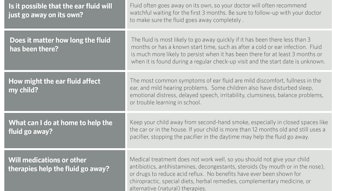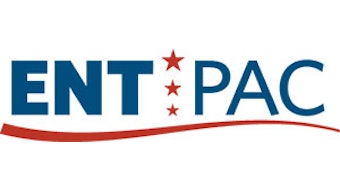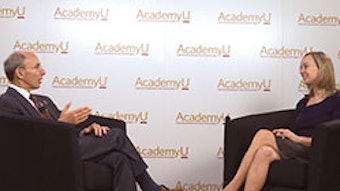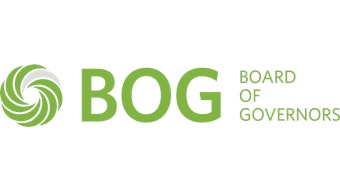Academy response to Arches Natural Products, Inc.
The American Academy of Otolaryngology—Head and Neck Surgery Foundation (AAO-HNSF) is pleased to respond to your open letter.

The American Academy of Otolaryngology—Head and Neck Surgery Foundation (AAO-HNSF) is pleased to respond to your open letter.
Construction of a Clinical Practice Guideline requires a repeatable, standardized methodology that reviews published literature relating to the subject matter that is written in the English language. A diverse group of participants including physicians from many specialties then comes together to create a guideline. The recommendations are based off the above-mentioned literature and are based on a preponderance of the literature. The AAO-HNSF guideline is not intended as a sole source of guidance in managing patients with tinnitus. Rather, it is designed to assist clinicians and patients by providing an evidence-based framework for decision-making strategies. Failure to include a specific treatment regimen does not mean that said regimen cannot be effective, but rather that the English literature does not offer sufficient proof to demonstrate said effectiveness. Final recommendations also reflect the panel’s assessment of the risk to benefit ratio to patients using the products.
The AAO-HNSF Clinical Practice Guideline: Tinnitus, published in 2014, does include a recommendation that clinicians should not recommend Ginkgo biloba, melatonin, zinc, or other dietary supplements for treating patients with persistent, bothersome tinnitus.
The AAO-HNSF systematic review of the literature revealed Randomized Control Trials and systematic reviews with extreme heterogeneity and there were significant concerns related to the methodology and subject selection. The guideline development group (GDG) had a low confidence level in benefits due to methodological concerns and study quality and ability to generalize results to patients with persistent, primary tinnitus. In addition, as noted by Arches, the GDG had concerns regarding the actual content and dosage of proposed active agents in the preparations included in many studies. The GDG was also concerned about potential drug interactions and adverse events. The Holstein review mentioned in your letter is available only in German, which precludes its usage in the CPG discussion. Should additional literature, available in English, become available it will certainly be considered in the ongoing maintenance process applicable to all of our guidelines.
Respectfully,

James C. Denneny III, MD
Executive Vice President and CEO
The American Academy of Otolaryngology—Head and Neck Surgery Foundation











